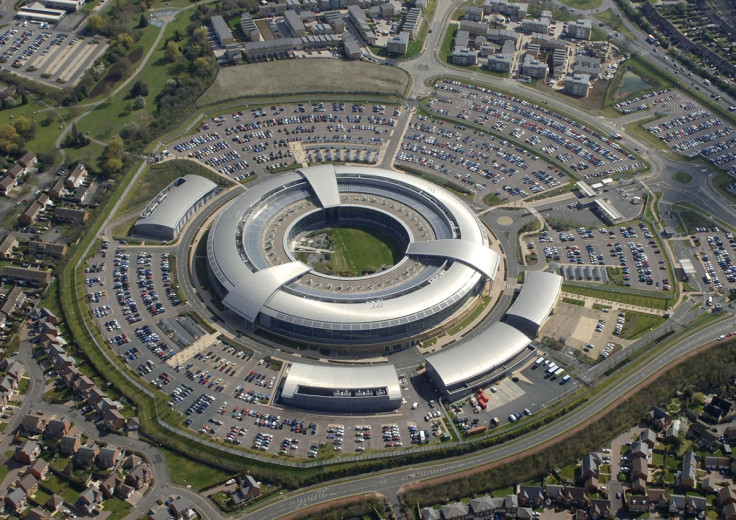GCHQ: Recruitment at UK security service to be boosted due to terrorist threats

The lack transparency from government surveillance department GCHQ is once again under scrutiny as it is believed a recruitment surge has boosted agents and partners. The division has now simply stated that its staffing numbers "constantly fluctuate" due to the "complex challenges" in the "threats" it currently faces.
This is despite at least one MP calling for a "new era of transparency" at the intelligence service.
In The Times, David Davis questioned the secrecy of the employees and partners currently engaged on anti-terrorist and cyber-hacking surveillance.
A spokesperson for GCHQ declined to reveal exact numbers engaged within the organisation or partners working with it, but told IBTimes UK: "In a complex organisation like GCHQ, as you would expect, our core mission is supported by a range of partners including industry and the military.
"Technology is ever changing as are the threats we face. Working with our partners helps to keep Britain safe.The total number of people working for or with GCHQ constantly fluctuates due to the complex challenges we face and the threats that we aim to counter."
GCHQ encountered criticism regarding its lack of transparency in March 2015 when an Intelligence and Security Committee report said the legal framework surrounding surveillance was "unnecessarily complicated" and lacked "transparency" and there should be a single law to govern access to private communications by UK agencies.
The report said the UK's intelligence and security agencies "do not seek to circumvent the law" and any activities should not lead to "blanket surveillance" or "indiscriminate surveillance".
According to official figures from the UK parliament's intelligence and security committee in August 2015, GCHQ employed 5,683 members of full-time staff in August 2014. However, that number is understood to have fluctuated by several hundred as a recruitment drive kicks in due to the ongoing terrorist threats from fundamentalist groups such as Islamic State (Isis) and al-Qaeda.
In November 2015, the UK Prime Minister David Cameron pledged to hire up to 1,900 new spies in the fight against terrorism but no recruitment figures have been officially released by the government.
© Copyright IBTimes 2025. All rights reserved.






















